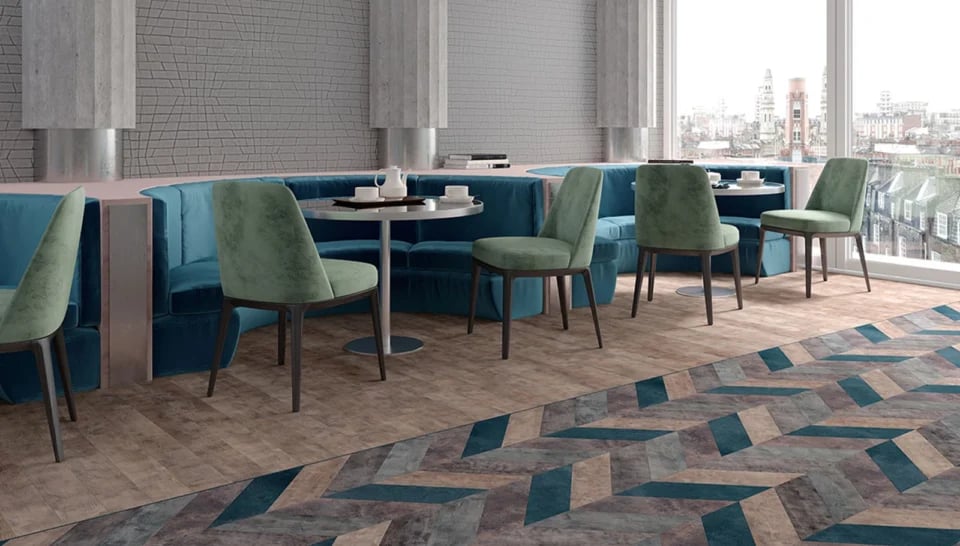Help Choosing the Right Commercial Flooring

When choosing commercial flooring for a project, BMD Materials offers a variety of options that can reduce the life cycle cost and extend the life of the product. The life cycle cost includes all costs associated with the product over its entire life, and by selecting the right flooring option, you can save money in the long run.
One of the factors to consider when choosing commercial flooring is the foot traffic in the area. For high-traffic areas such as lobbies, hallways, and conference rooms, it is best to choose a durable and heavy-duty flooring material that can withstand heavy loads and frequent use. Options such as vinyl, carpet tiles, and ceramic tiles are popular choices for these areas.
Another important consideration is the maintenance requirements of the flooring. Some materials require more upkeep than others, so it's crucial to choose a product that suits your maintenance schedule and budget. For instance, hardwood and natural stone floors require regular polishing and sealing to maintain their shine and durability, while vinyl and laminate floors are relatively low-maintenance and easy to clean.
Additionally, the aesthetic appeal of the flooring should also be taken into account, especially if the space is customer-facing. The flooring should complement the overall design and style of the building, and create a welcoming and professional environment for visitors and clients.

Selecting the right commercial flooring involves considering factors such as foot traffic, maintenance requirements, and aesthetics. By choosing a product that meets these criteria, you can reduce the life cycle cost and ensure the longevity of the flooring.
Another factor to consider when selecting commercial flooring is the purpose of the space. For example, if you are designing a healthcare facility, it is important to choose a flooring material that meets hygiene and safety standards. Some options for healthcare facilities include vinyl, rubber, and linoleum flooring. On the other hand, if you are designing a retail store, you may want to choose a flooring material that enhances the shopping experience, such as carpet or hardwood floors. The right flooring can also help create a unique brand identity for the business.
Furthermore, it's important to consider the environmental impact of the flooring material. Sustainable options such as bamboo, cork, and reclaimed wood are becoming increasingly popular choices for commercial flooring. These materials are not only eco-friendly but also offer unique textures and patterns that can add character to the space.

In conclusion, choosing the right commercial flooring involves careful consideration of several factors such as foot traffic, maintenance requirements, the purpose of the space, aesthetics, and environmental impact.
By taking all of these factors into account, you can select a flooring material that meets your needs and enhances the functionality and appearance of the space.
